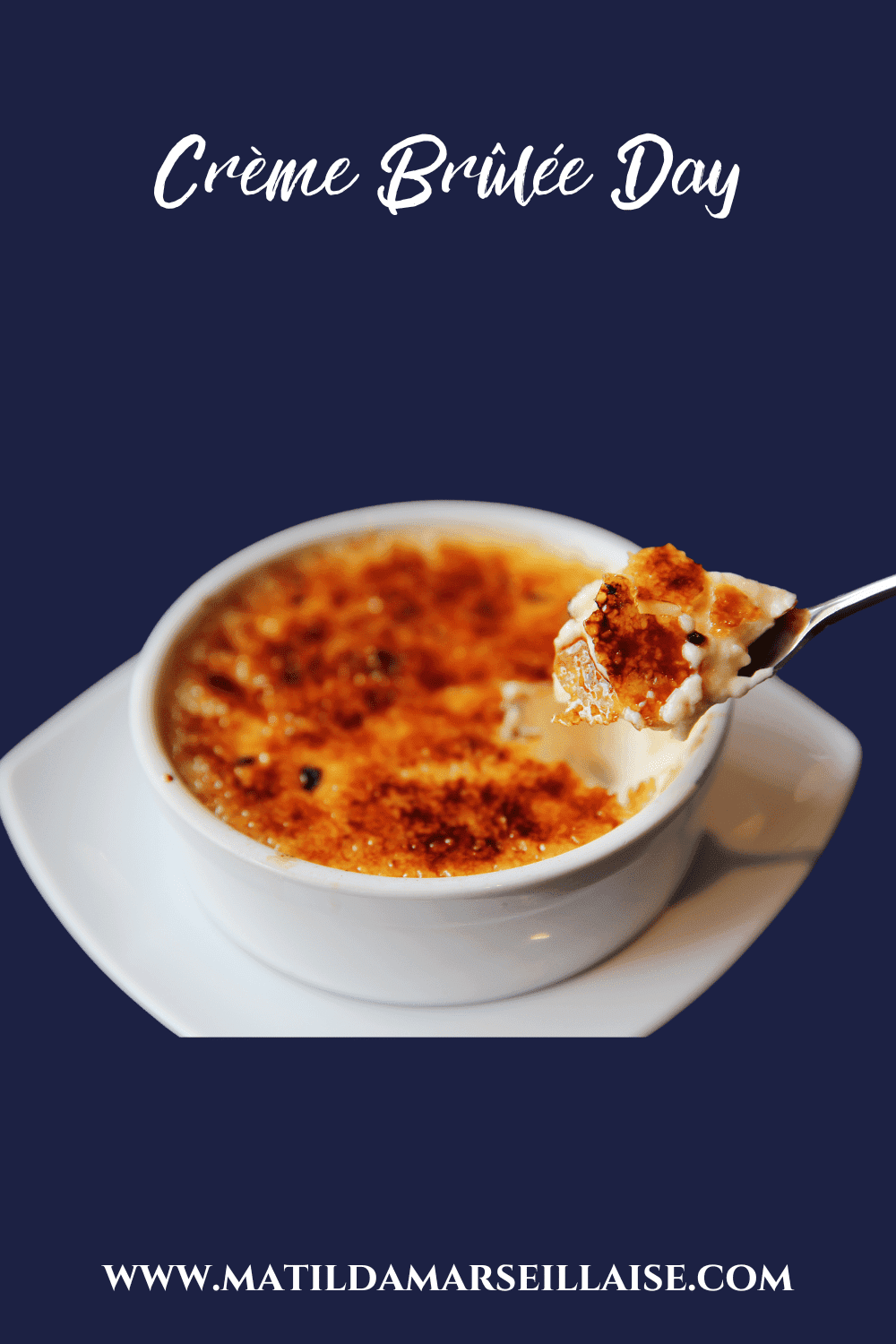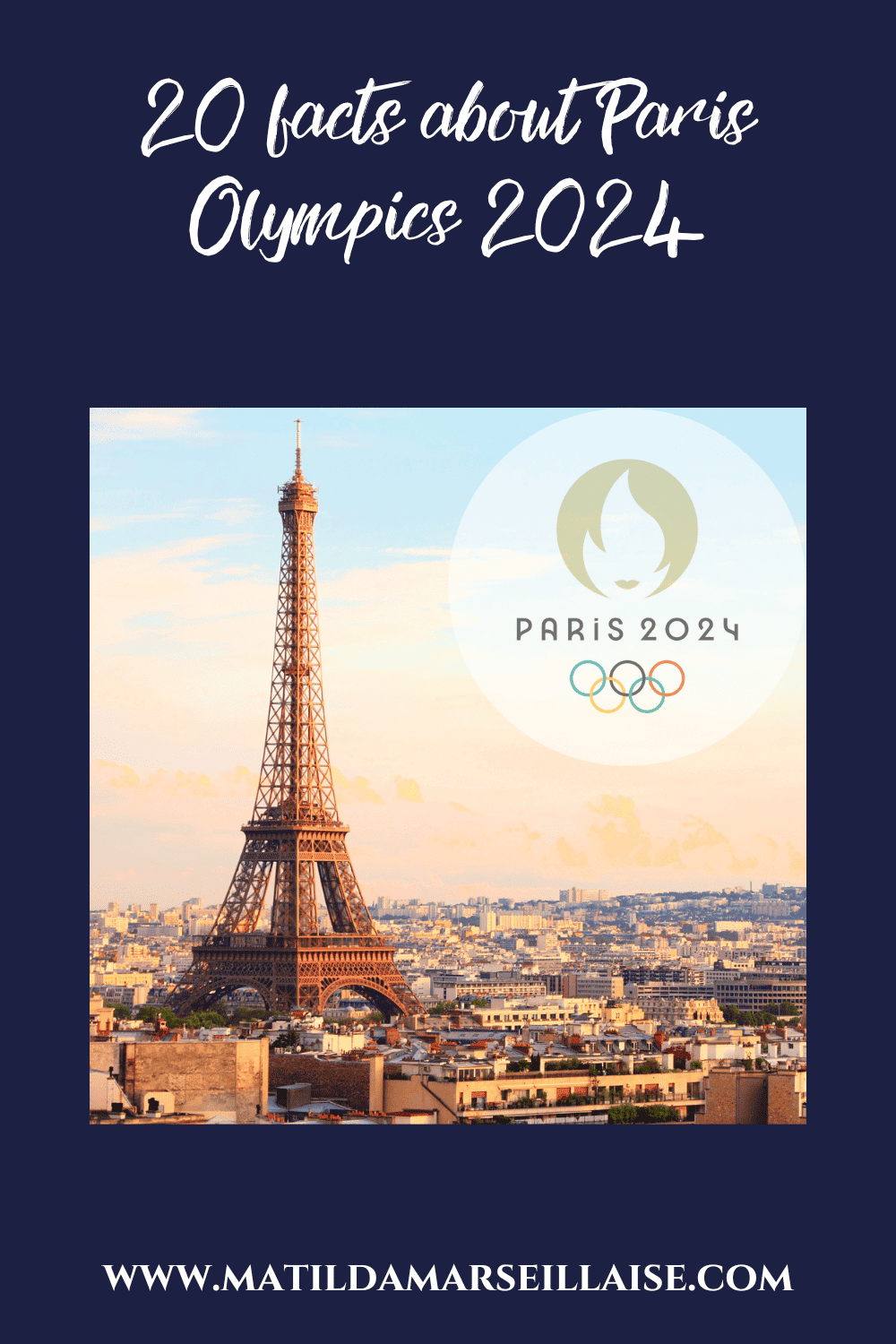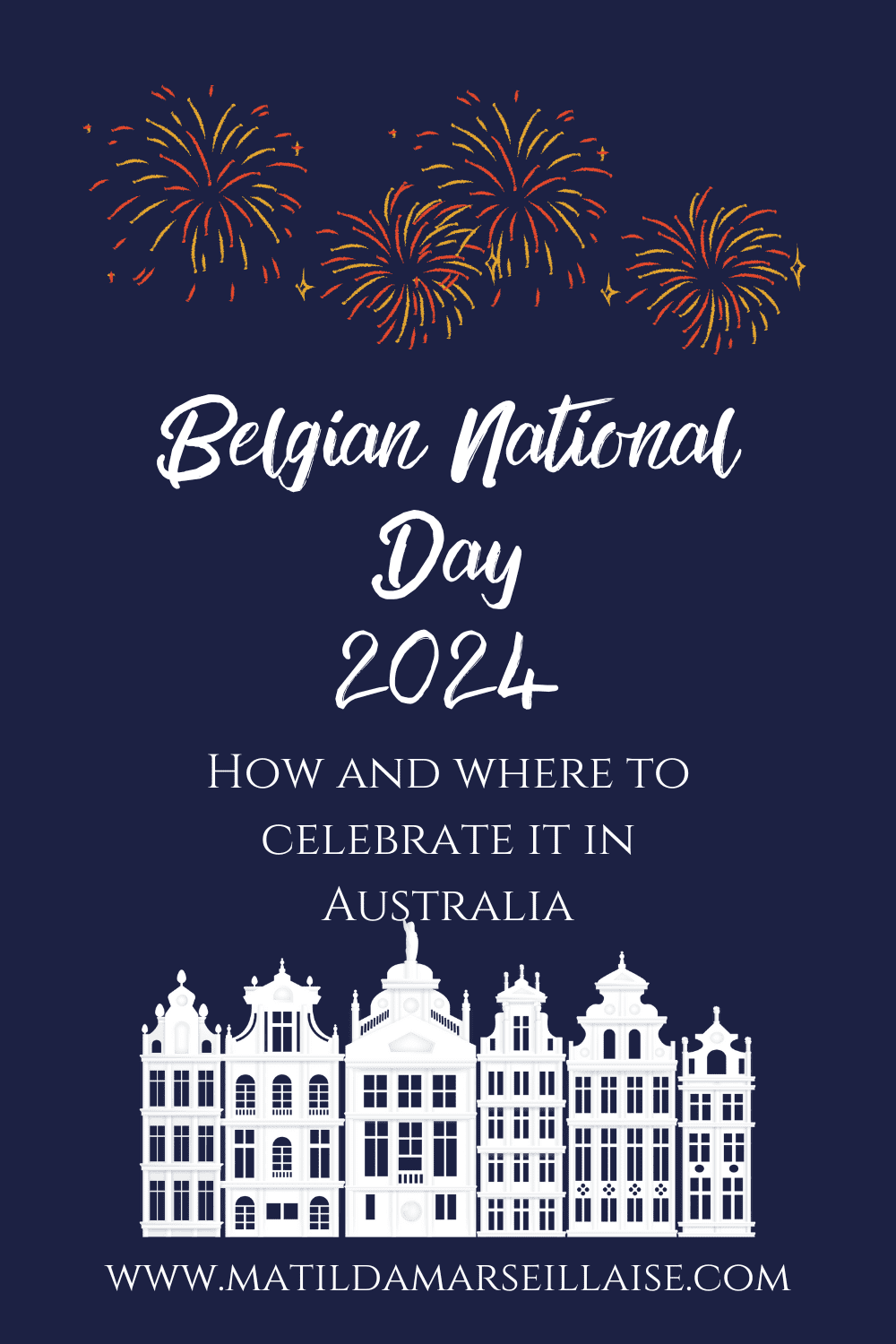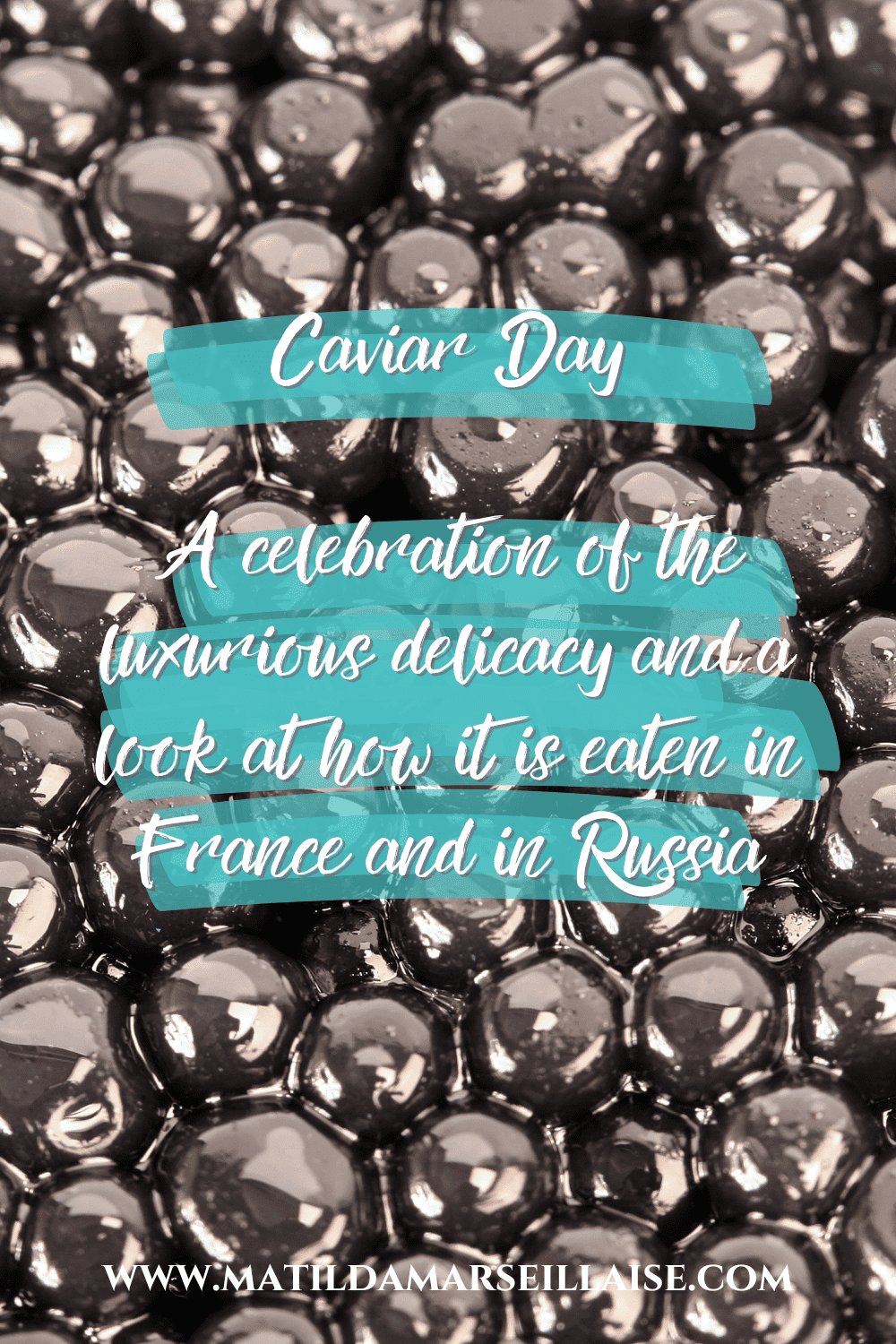Haitian-Australian Nancy Denis is bringing her show M’ap Boulé to Adelaide Cabaret Festival next month. Being Black, Haitian and Queer, M’ap Boulé is a brave show about Nancy’s journey to find where she belongs in Australia and a search for self-love, while openly discussing her mental health struggles.
We chat with Nancy Denis about the show. Read our interview with her below.

Caution: This interview contains references to suicide and mental health struggles.
Can you please tell us a little bit about the show M’Ap Boulé which you are bringing to the Adelaide Cabaret Festival.
I’d love to. So M’Ap Boulé is a show that I wrote and created as an antithesis to growing up Haitian and black in white Australia. Even though Australia is a black country, Australia is white culturally.
M’Ap Boulé in Haitian Creole means “I’m on fire”, which is a throwback and an ancestral connection through language of how we came about becoming the first black republic and freeing ourselves from slavery, which is setting fire to the island and setting fire to their produce so they couldn’t make money. Starting a revolution.
The show is an antithesis to growing up in Australia and the dualities of being born Black and Haitian – it’s in my blood – on a continent that is black indigenous but culturally it is white, and navigating to identify myself. It’s a journey of finding a sense of belonging within myself in Australia and within myself as a person.
Discovering my queerness, discovering the love that I have for myself through the many different art forms that I am privileged enough to have been taught to be able to use like having access to my body and having done years of dance training and singing training. Your sense of awareness of body is interesting. I am really aware of my body but because I grew up with a bunch of white petite skinny girls, I also went through a period of not being aware of my body. I didn’t really look at it, didn’t want to see it.
That’s how I feel about mirrors!
Right! I used to catch myself and say “is that me? Oh noooo!”
It’s a bit of that. It’s a journey of self-love and going through self-love and finding that self-love by the end. It’s a story about mental health and the mental health challenges I had within this context. I really expose and dive into what it was like for me going through psychosis and realising on the other hand of that that a lot of that psychosis had to do with identity and not feeling good in my body and not really knowing who I was or what I was supposed to be. And it manifested its way through that mental little moment.
It is very brave of you to talk about that because that’s the kind of thing that people like to pretend didn’t happen and shut down.
I did for years to pretend, to try not to. There’s a lot of shame around that. There’s external shame because while mental illness has become more prevalent in discussion in society, there is that pressure of shame. But it was also mostly internal shame because you don’t want to be the crazy one. Not that that was what was happening.

That’s how you felt.
And that was the internal judgment I put on myself. Then having the opportunity to write this show, [I decided] it’s got to be in there because it’s me and there’s also a lot of catharticism with the process of really having to look at it, break it down and write about it and look at it like “oh it happened”, and then performing it live it was like “oh this is different” but again also very cathartic.
The first night was like living on adrenaline. The second night was “woah, I am tired” but then the third night “I am used to this now”.
And when I finished the show, it was also the end of the year, so it was the end of a big year so I was just naturally ex-haust-ed. When I finished the show, I went straight up the coast to my brother’s house until the new year.
As you said, M’ap Boulé is Haitian Creole? Do you speak the language?
I’ve got books to understand it. I did a workshop a couple of years ago when a Haitian woman who taught Haitian Creole around the world came to Australia, I went to her workshop in Canberra.
I’m obsessed with the language. I’m obsessed with my culture. I’m obsessed with my people. My parents didn’t teach it to their children because when they were studying at TAFE, they were encouraged to not speak the language at home so their English could get better.
It’s such a shame. You lose that bit of your culture.
It happens with a lot of people who come to this country. You lose that bit of the culture. My parents can still speak it obviously.
But you didn’t grow up learning it?
When I was a baby, yes. Instructions like “go to bed”, “brush your teeth”, “come here”, “go do that”. You don’t know that [it’s a different language] as a kid. And it’s not that there was a huge Haitian community here. So that was my parents’ decision and I’m fine with that decision now.
I’m an adult and I can learn it myself. I have apps on my phone. So, I don’t speak Haitian Creole and I don’t speak French. Those are the two languages I’d love to learn and Portuguese.

Just a few! When I was reading the description of the show on the Darlinghurst Theatre Company website it is described as a play with songs. Does that make it a musical?
No, it certainly does not. This is interesting. I know it’s not a musical because I’ve done musicals and musicals are song and dance, and acting as the last thing because the songs are telling the story. Whereas [in my show] the acting or storytelling is more prevalent and the songs definitely highlight what I’ve spoken about and take it to a deeper space so the songs add to the story, and there’s not much dancing. There is at the end but I’m not giving you a song and dance.
It’s not like in a musical where everything is performed through song.
Yes, and I love that about musicals. I love it so much I’m like “Less script, more singing, more dancing!.”
It’s also been described as a one-person show. But then I see that you’ve got people performing with you. Does that mean that the play part of it is you, and then when you break into a musical part, there are others who join you?
It’s a one woman show because it is very much about me and my one person show but I am a big collaborator. I love collaborating. Everything in the world is collaborative. The songs were composed with Carl St Jacques who passed away. I collaborated with him, another Haitian brother.
I have been trying to find out what his background was and I couldn’t find it.
He’s Haitian, African American. So, he’s Haitian American, which is beautiful. We collaborated on that. He’s similar to me: we both didn’t speak Creole but we love Creole. And it was a beautiful collaborative thing.
What I’ve learned since [his passing] is that what Carl did needs two other people. Three people to do what he did is really best way to describe how that happened. I have Mickey Stu, Victoria Falconer as MD and musician and Kween G as MC and performer because they really just help tell the story with me. It really helped tell the story with me. They add to the energy of the story.
And it takes a village to raise a child. I’m still a child, I believe. I grew up Catholic. I’m now my religion is Ifá, which was born in Yorubaland, in many different places. So, I’m a big believer in it takes a village to raise a child. And I can’t imagine telling this story without some kind of a village around me, beside me, with me. I’m not really a solo act. The only solo acts I do are stand up because it is stand up, but even then, I would probably add a person on the piano to be honest.

So, it is fundamentally a play with songs for sure. And it definitely is a play with songs that absolutely sits wonderfully and comfortably within cabaret.
Cabaret is quite broad isn’t it.
Exactly. Cabaret is so broad, and I love how broad it is because it’s cabaret. When I think about it, Cabaret asks what are your skills and your talents and what do you want to do? You can do it. It’s cabaret. Express yourself. You know, it is whatever you want it to be, which is beautiful. It’s a really lovely place to sit in.
I’ve also read that the show was inspired by the stories of your ancestors against the backdrop of colonisation. How did you discover their stories? Did you grow up hearing about them? Are they written somewhere? Are they actually your direct ancestors?
Yeah, they’re my direct ancestors. So, my dad when I was little told me stories about Haiti. He told it like a kid’s story, like a very bloody and violent kid’s story! Gory nonetheless.
My dad was always telling me when I was little about where I came from and who I am and what I’m from and how strong I am, and that I come from strong roots. As soon as I could listen, he would tell me about it. I grew up learning that, and that story has always stuck with me my whole life.
When I had the opportunity to write, and I looked at all of my poems and all the things, I noticed “Oh, it’s starting here.” Then I did my own research, more deep-diving into Haiti and its revolution and its culture. I was inspired by my ancestors because my ancestors fought for me to live.
When I was really considering suicide during my mental health struggles, hearing the whispers from my ancestors “We love you. We’ve got you.” It was such a powerful thing for me to recognise that my ancestors fought a lot and very hard for me to live.
So before wanting to end my life, I needed to “give it a go” at living. You need to do give it a go because that’s what they fought for. And that fight was horrendous and big and it was not taken lightly. My ancestors are highly spiritual, religious, intelligent beings that had an absolute connection to the Earth and to life itself so for them to get to the point of murdering other people, and it is justice to do so, it’s not something that they took lightly. It’s not that I should take my life lightly.
Even though I wasn’t taking my life lightly, I was compounded by Australia’s culture. And Australia’s culture is from this made-up white supremacy bullshit. Bullshit that is not real and it’s intangible. Like no one is white, no one is Australian. Australian is made up. It’s not even a real country. You can go to the stock market and you can buy stocks in Australia. You can literally buy stocks in Australia, the corporate business, because that’s what we’re that’s what this is, right? And then there’s the land that we’re actually on and that’s Australia.
I feel like every single one of us struggle in Western society for a connection to self because they have told us that we are white or should be this or should be that, and it’s made up. There’s no earthly foundation in making that up. We feel a bit lost because it’s not real. English people were Pagans. They are like the tree people. Tree huggers. Their ancestors are the original tree huggers. The Irish, the Scots, the Welsh, the Gaelic have indigenous roots, but no one has supremacy roots because that’s not real.

I struggled to find a sense of identity because I knew that I was never going to be white. But God, I really wanted to feel accepted by this white community. I didn’t want to feel ostracised. I didn’t want to feel special. I didn’t want to stick out like a sore thumb. I wanted to be with a white man, to live a hetero-normal life and to hide behind his hetero-normativeness and be accepted. And that’s what I wanted. I wanted acceptance.
I didn’t get that kind of acceptance, but I did get acceptance in other ways. I got accepted through my talent. I got accepted through black skin and its tokenism. I also got accepted as other things like “you bring light to a room”, “you’re so funny” – for my attributes.
Your qualities.
I did get accepted for my qualities, but it was hard for me to reconcile my qualities because I didn’t feel like my qualities had value. I thought that the value was in whiteness and what I was being told was whiteness and what I perceived whiteness to be and how I fitted in that. So, it was complicated. Then through all of that complication and the struggle with my mental health, I’m happy. I regret nothing. I’m happy that that all happened because I had to do the dance with my shadow self. I had to go and confront the things that were dark within me so that I could recognise the light within me as well.
Sometimes you have to hit rock bottom to be able to actually come back up.
Yes, to come back up. And I come back up with that darkness. That darkness and that lightness is still with me because that darkness wasn’t born out of hatred. It was born out of love for myself and trying to figure out how to make myself feel less pain That is where that darkness was born from. I’m not upset with it, I love it. And I’m glad we did that dance again. And I’m glad we both came out of it on the other side alive.

You know, M’ap Boulé was born from all of that. I got to put all of that pain and joy and love and hurt and confusion and funniness into this thing. And I’m so grateful to UTP for giving me that opportunity, to Rosie Dennis, who at the time was the artistic director, and to the current AD for continuing it and letting it be because doing M’ap Boulé for me is liberation.
I liberated myself. And I really hope that when people come to watch it and experience it, that they do also feel a sense of liberation as well with me because definitely, it is my favourite thing that I’ve made so far, and it’ll probably always be my favourite thing because it was first.
Maybe also because it’s the most personal?
It’s the most personal. Every work that I probably will make will be the most personal because I am a writer from self-experience. That’s the kind of writer I am. I’ve got to write that and then it can elaborate. I can collaborate with other writers. There are other writers who are channelers who can read [people] where this story is coming from here, and they can channel in these things and they may not have that personal experience, but when you read it, you’re like, “God, you know!”. Or whoever you’re listening to knows, and you are being that instrument for them, which is awesome. And I’d love to channel as a writer, but I don’t know if that’s me.
I definitely think like the next 3 or 4 things that have come out of me then will still come from some kind of personal experience. I think it will remain my favourite for the rest of my life because of the liberation. I think I’m able to write more now and write other things because that was done.
It opened other things up?
I’m into chakras. To me M’Ap Boulé , if there was a story associated with the chakra, it’d be the root chakra. And because I did that, now I can move up and down the scale. I can do other stories and do other things that mean other things to me because I did that first.

I’m so grateful to Carl and all of his energy that’s in there. Because every time I do it, it’s like he’s not gone.
It must be a bit bittersweet performing work that he composed.
It is very bittersweet. Yeah, that it’s bittersweet. It’s bitter. And it’s bitter. And it’s sweet.
And having had the opportunity to work with him is also really special.
I have it on tape because we did a film version of it first, which isn’t the version that is live. So, I’ve also got a really beautiful film version of him that I’ll have forever. And then this live version that was born after him but still has him in it. I also think that if he was still here, I still think I would still probably have another person in the show to play other stuff because we always talked about wanting that as well. To replace Carl, I needed three people. Because he did so much.
Victoria Falconer is the Musical Director. Does she play any instruments on stage? Does she get the saw out?
Yes, she does, in fact, get the saw out.
She loves the saw.
I mean, we all love the saw. She gets the saw out. She’s got the piano. She even has the accordion and the violin. And then Mickey’s got the kalimba and the drums. But Mickey can also play bass drum, too. We almost tried to throw that in there but he was like “No, we’ll be all right” because what he can’t do on the bass. Victoria can do on the piano if we need kind of tone.
I’m so grateful to have them. Kween G, Mickey Stu, Victoria. These people are the most talented people in their field and then some. To have them collaborate with me and be on stage with me to help tell this story is like phenomenal. I feel very, very grateful.

What can audiences actually expect from the show and why should they come?
The audience can expect a good time. A deep time. A fun time and a reflective time. Those are the things they can expect there.
They should come to the show to support independent artists of Australia. But they should come to the show if they love to hear Australian stories. This is an Australian story. So, if you like hearing Australian stories come to this show. If you like being entertained by Australian artists, come to the show. If you love being an Australian and you are intersectional- for example I’m black, I’m queer, I’m a woman, and I’m Haitian –and you’re an Australian who was born from immigrants and you like to hear your stories, this is a story for you. If you’re a person who loves to hear stories of triumph, this is a show for you.
It sounds like a show for everyone!
—
We thank Nancy Denis for this interview and look forward to seeing M’Ap Boulé at the Adelaide Cabaret Festival next month.
KEY INFO FOR M’AP BOULÉ
WHAT: M’Ap Boulé
WHERE: Space Theatre, Adelaide Festival Centre, Adelaide
WHEN: Two shows only:
- 7pm Wednesday 21 June, and
- 8pm Thursday 22 June
HOW: Purchase your tickets via this link: https://cabaret.adelaidefestivalcentre.com.au/whats-on/map-boule
HOW MUCH: Ticket prices exclusive of booking fee are as follows:
- Premium: $49
- A Reserve $44
—
Click here find out about other shows at Adelaide Cabaret Festival with French and Francophone links.
For events with links to France and the Francophonie happening this month, check out our What’s on in May article





